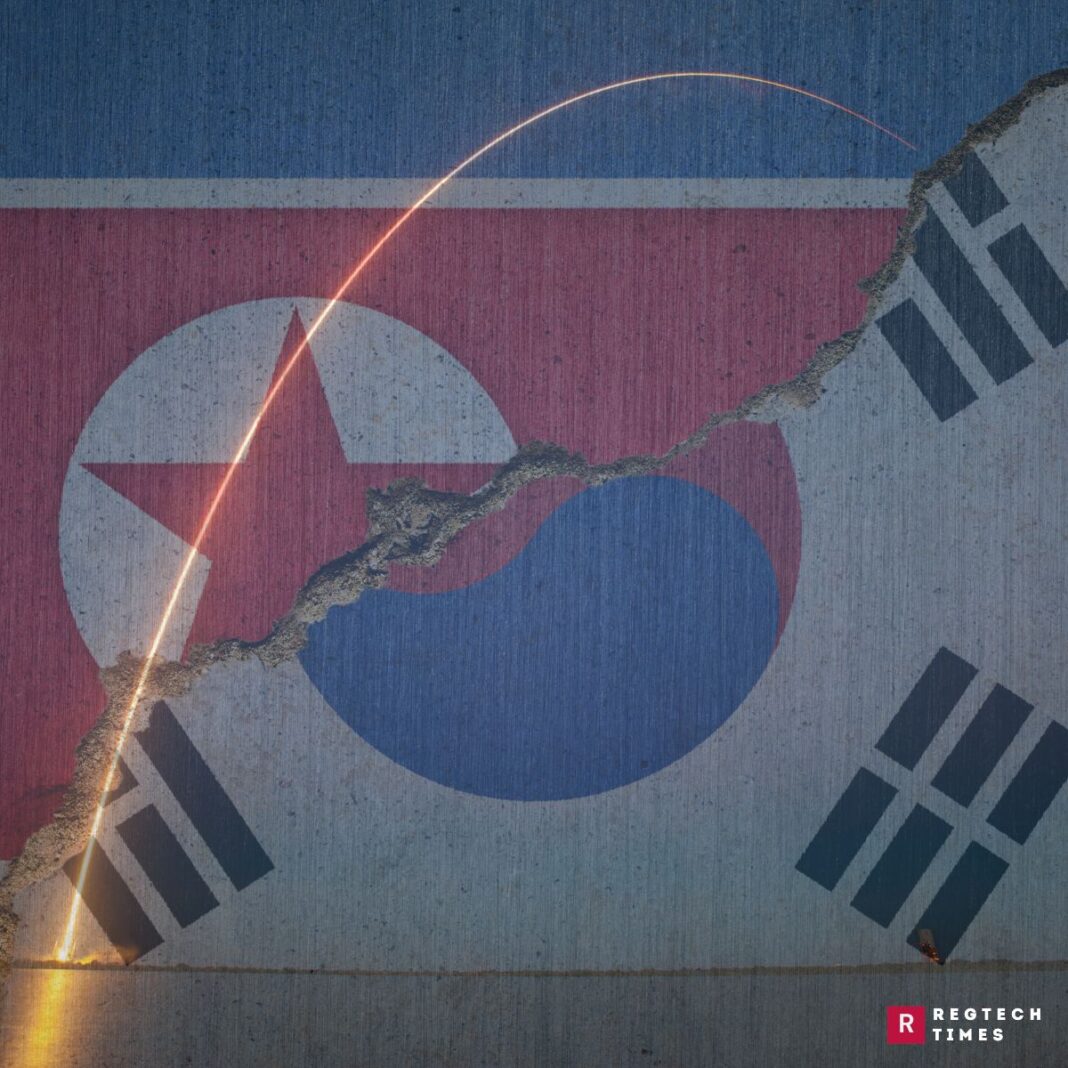The world is watching the Korean Peninsula, which represents a combustible combination of historical hostilities, geopolitical rivalries, and an escalating weapons race, as it teeters on the brink. The mysterious leader of North Korea, Kim Jong Un, is at the centre of this chaos, and his latest acts have revived discussions about his goals and the stability of Northeast Asia in the future.
Following many years of relative calm, albeit with sporadic flare-ups, North Korea has resurfaced as a major player in world affairs. The regime’s rhetoric has significantly escalated with Kim Jong Un’s decision to remove the aim of peaceful unification with South Korea from the nation’s constitution and his blatant threats of destruction towards Seoul. There is an obvious sense of disquiet around the world as a result of these advances, especially in light of North Korea’s explosive nuclear and missile technologies.
The international community has been accustomed to North Korea’s provocation and negotiation cycle for many years. However, some observers have conjectured that Kim Jong Un may be moving the nation in the direction of conflict due to the recent escalation of military drills and missile testing as well as the removal of words supporting peace from the constitution. Kim’s rigorous testing schedule and his outspoken rejection of diplomatic overtures support this theory, which points to a potential strategic change with far-reaching effects.
Although some voices are sounding alarmist, most analysts agree that a full-scale military confrontation is still improbable. There are two reasons for this. Firstly, a conflict of that magnitude may have disastrous effects not only on the Korean Peninsula but also on the world economy as a whole, especially considering the nuclear weapons that could be used. Second, any early advantage the North would have acquired through a surprise strike would be swiftly wiped out because of the overwhelming military might of US and South Korean forces.
However, there was always the spectre of the Korean War, which concluded without a peace treaty and left the peninsula under an armistice. The fragility of the peace in the area is constantly brought to light by recollections of previous battles and the continuous military posturing on both sides of the Demilitarized Zone.
The world community is reaching a turning point against this backdrop. The difficulty is striking a balance between the necessity of preventing unintentional escalation and the requirement to discourage hostility. Due to mutual mistrust and the intricate web of regional and international rivalry, diplomatic attempts have not been able to produce a long-lasting solution thus far.
There is a great deal of room for error, and the consequences are much greater. Therefore, the way forward calls for a careful analysis of the North Korean regime’s intentions, a dedication to multilateralism, and a readiness to consider novel diplomatic approaches. In addition to denuclearizing the Korean Peninsula, a long-lasting peace framework that takes into account the security concerns of all parties concerned should also be established.
In conclusion, there is still room for diplomacy even if the Korean Peninsula is threatened by war. The international community has to tread carefully in these dangerous seas, understanding that the road to peace is paved with obstacles but not impassable. The next several months will be crucial in deciding whether the current tensions turn violent or if calmer heads prevail and the region moves back toward communication and collaboration.



